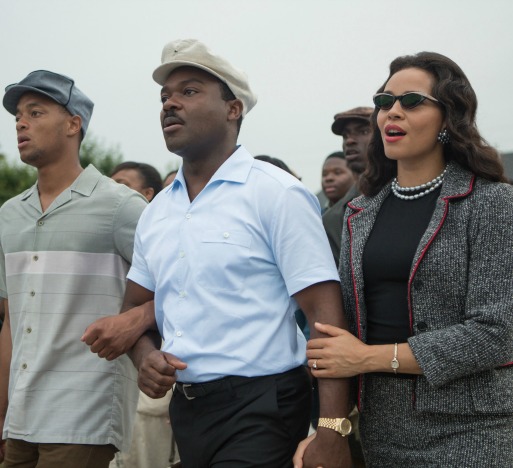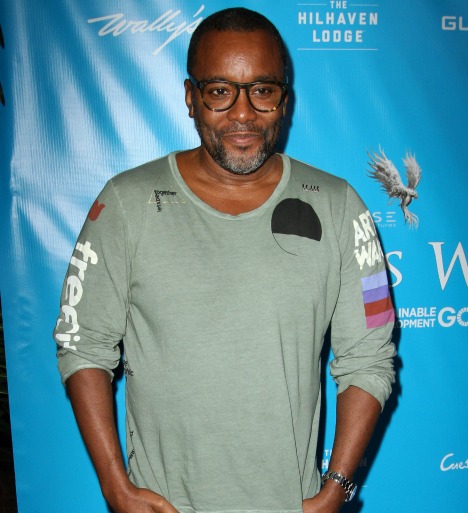Ava DuVernay’s third feature film, Selma, nominated for Best Picture at the 2015 Academy Awards (and won for Best Original Song), is a cinematic masterpiece. Starring British actor David Oyelowo as Martin Luther King, Jr., the performances in Selma leap off the screen and beautifully embody the spirit, impact and importance of the Civil Rights movement. And to think Selma was almost never made.
At least three other directors were attached to the film prior to Ava DuVernay, and Selma had been in limbo for years, even with Oyelowo attached to star. But it took Black women to bring the project to fruition – Ava, who not only directed but rewrote the script, and Oprah Winfrey, who produced and acted in the film. But let me not give away all of the secrets here. Read on to learn more exciting behind the scenes details about Selma.
Lee Daniels
It’s hard not to think of Selma as an Ava DuVernay film, but prior to her attachment, Lee Daniels was set to direct it. But he left the project to work on The Butler. Daniels wasn’t the first director involved with the project, however. Multiple directors were attached but clearly, Ava was the chosen one who made it all come together.











